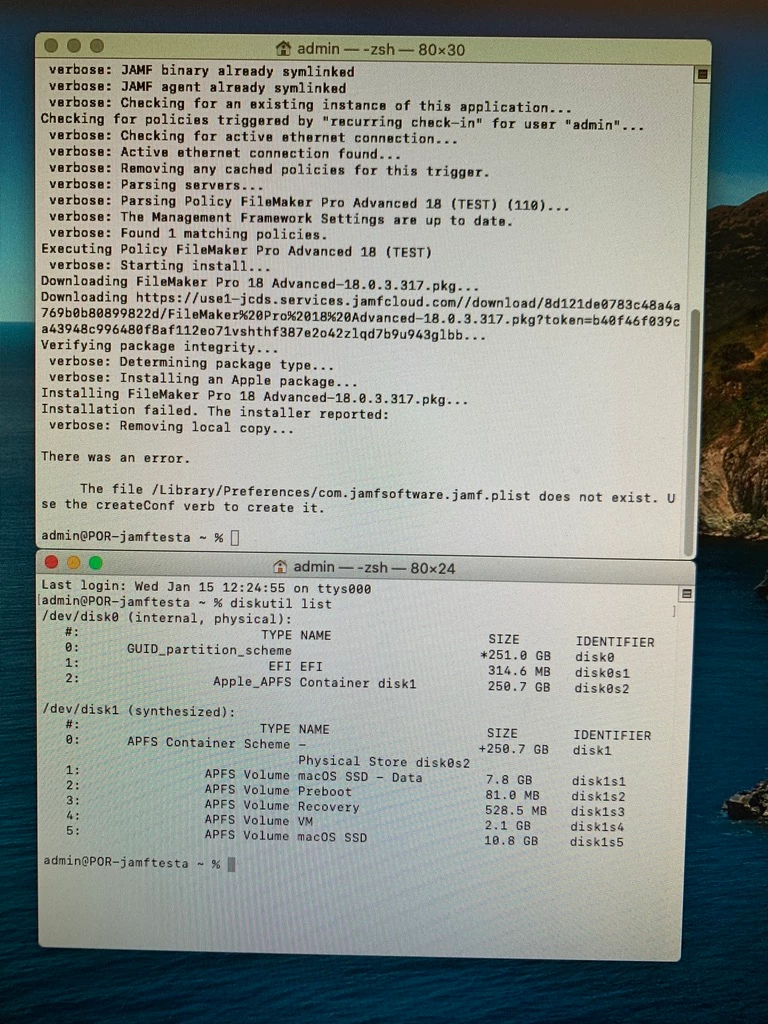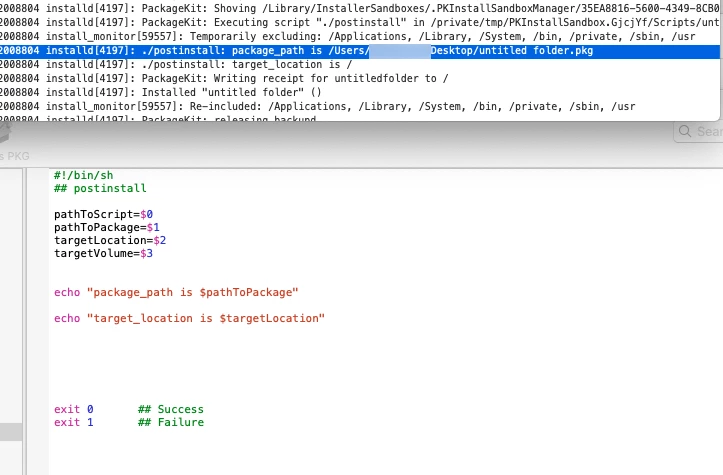We've experienced a serious issue where nearly 90 out of about 100 Mac computers have had enough data erased from their volumes, including any attached or mounted network volumes, that they are non-functional. It wasn't a complete volume wipe but a random (seemingly) brute force file deletion all across the local volume(s). macOS version or format did not seem to matter. Additionally, the time zone gets set to UTC instead of what it should be and passwords stop working (we're assuming this is because of the file deletions).
This does seem to tie in with a specific policy running, but its a policy that installs an app via a pkg. Its an ARD modified installer pkg for FileMaker Pro 18 Advanced using the—flawed—instructions from Claris/FileMaker.
We have since enlisted the help of a Cybersecurity team to help us investigate but we are wondering if anyone else has experienced something similar? We don't yet know if we screwed something up, if our Jamf Pro cloud server messed up, if Jamf messed up their backend, or if this was something malicious.
In the attached screenshot note that it isn't the FileMaker policy that is failing its because most the data on the local drive has been deleted, including Jamf.
We








